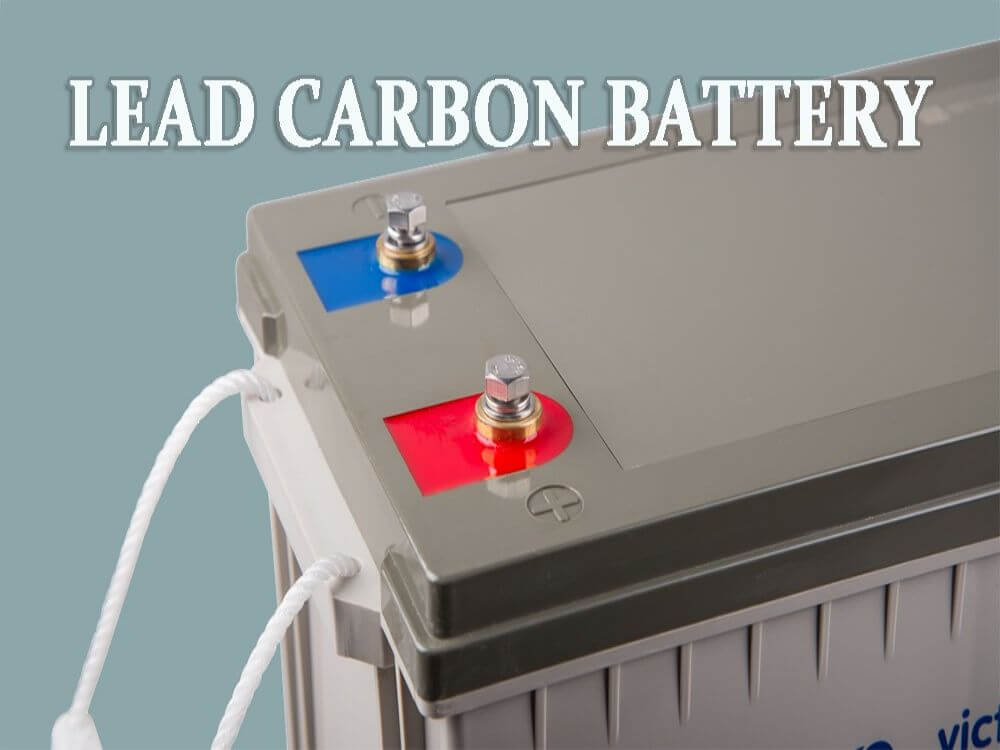Lead-carbon batteries can indeed replace traditional lead-acid batteries in many applications, particularly where improved performance, longevity, and efficiency are desired. However, whether lead-carbon batteries can completely replace lead-acid batteries depends on the specific requirements and constraints of each application.
- Performance: Lead-carbon batteries offer several performance advantages over traditional lead-acid batteries, including longer cycle life, better charge acceptance, and improved partial state-of-charge performance. In applications where these characteristics are critical, lead-carbon batteries may be a suitable replacement for lead-acid batteries.
- Cost: While lead-carbon batteries may offer superior performance, they may also come with a higher upfront cost compared to traditional lead-acid batteries. Therefore, the cost-effectiveness of replacing lead-acid batteries with lead-carbon batteries depends on factors such as the total cost of ownership, including maintenance and replacement costs over the battery’s lifetime.
- Compatibility: Lead-carbon batteries are often designed to be drop-in replacements for traditional lead-acid batteries, meaning they can be used with existing infrastructure and equipment without significant modifications. This makes them a convenient option for companies looking to upgrade their battery systems without extensive changes to their operations.
- Application Specificity: Certain applications may have specific requirements or constraints that influence the suitability of lead-carbon batteries as replacements for lead-acid batteries. Factors such as space limitations, weight restrictions, and environmental conditions may need to be considered when evaluating the feasibility of replacement.
- Environmental Considerations: Lead-carbon batteries are generally considered more environmentally friendly than traditional lead-acid batteries, as they are recyclable and do not contain toxic heavy metals such as cadmium. Therefore, replacing lead-acid batteries with lead-carbon batteries may align with sustainability goals and regulatory requirements in some cases.
In summary, lead-carbon batteries have the potential to replace lead-acid batteries in many applications, especially where performance improvements and environmental considerations are significant factors. However, the decision to replace lead-acid batteries with lead-carbon batteries should be carefully evaluated based on the specific requirements, cost considerations, and compatibility with existing infrastructure.


